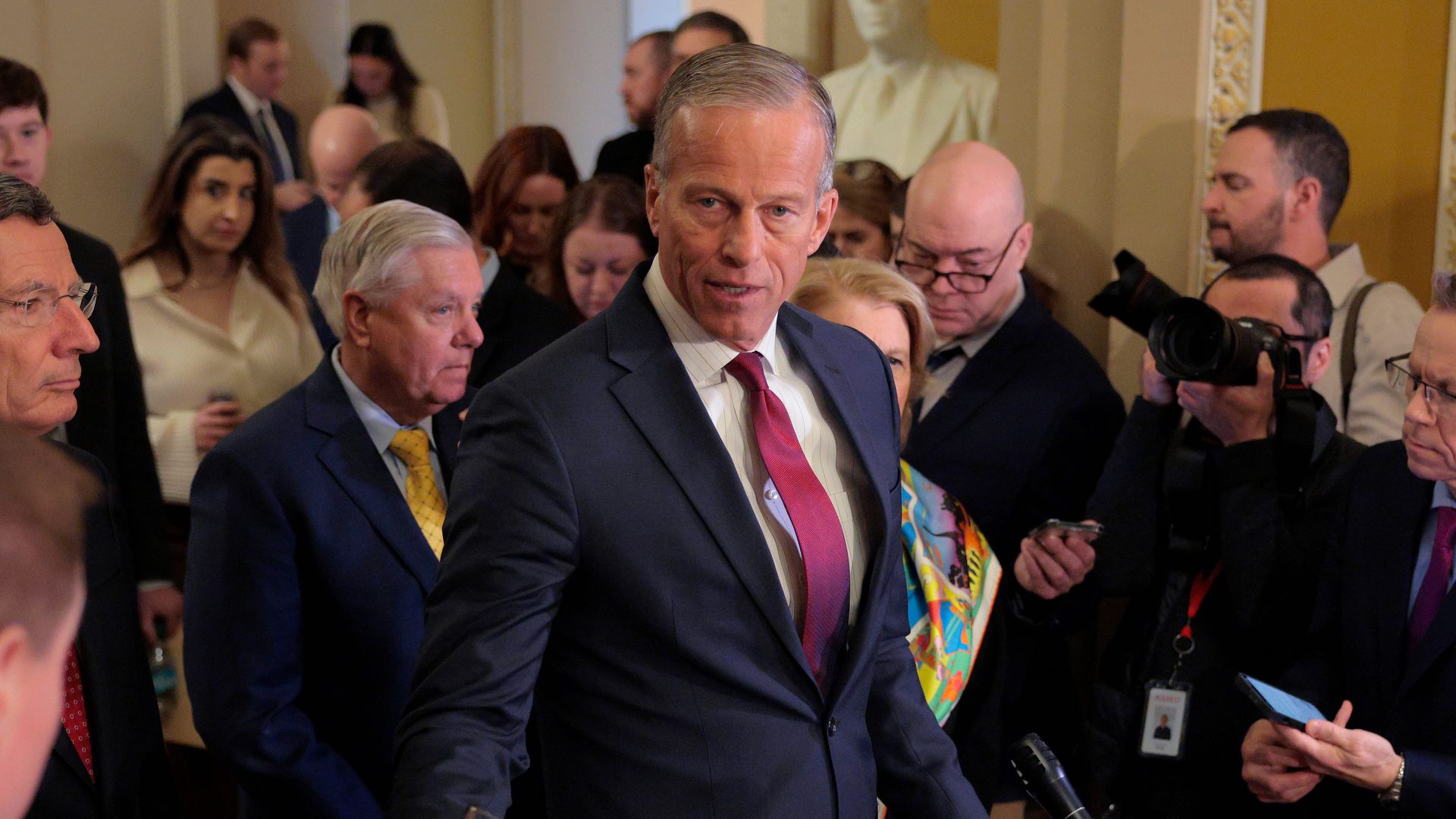
The Senate will vote this week on a package to provide hundreds of billions of dollars for border security and the military, while making offsetting cuts throughout the government to pay for it. This is the first step in the budget reconciliation process Republicans are using to push through President Trump’s agenda without any say from Democrats.
Budget reconciliation allows congress to change spending packages that have already been signed into law. It only needs a simple majority in both chambers to be approved. It cannot contain anything that isn’t directly budget related.
This package would provide $175 billion for border security and $150 billion for the military, and instruct senate committees to make equal cuts in other areas.
House and Senate Republicans don’t see eye to eye on how to do this. Senate Republicans want two bills – one for the border and military, the other to extend President Trump’s 2017 tax cuts. House Republicans want to do it all together in one big bill.
Cornyn: “The procedure is not nearly as important as actually accomplishing the goal, which is to avoid a tax increase on 62% of Americans and to deal with some of our spending problems which have resulted in $37 trillion approaching debt,” Sen. John Cornyn, R-Texas, said.
Ron Johnson: “I understand the President’s desire to take care of all this stuff in one big, beautiful bill, but one big, beautiful bill is a really complex bill.”
Democrats know they will likely not have any input and can do little more than sit on the sidelines.
Welch: “It’s a real mistake to use the reconciliation process because what it means is that you’re icing out the Democrats. So it’s going to be absolutely no bipartisan participation in this.”
They also know Republicans have tiny majorities in both the House and Senate. So if some Republicans refuse to get on board, they could gain leverage. Leadership will have two options, let it fail, or ask Democrats for help.
Blumenthal: “I am reluctant, perhaps, to say it, but Senate Republicans are introducing some sanity to this process. It’s the only way we will get anything done is if Senate Republicans are able to take the ball and run with it, because the one beautiful package is a non starter here.”
House Republicans hope to vote on the first of their two bills next week. At some point, both chambers will have to figure out which package has the best chance of being approved, and move forward on that together.











